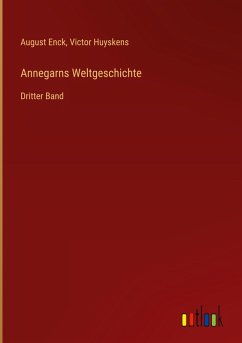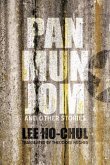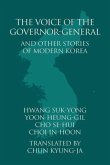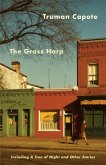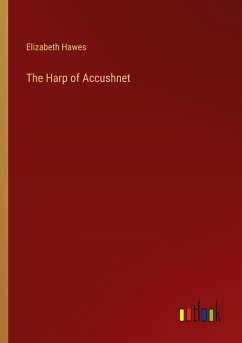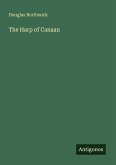The works of Choe Chung-hui gathered in this book cover a period of 40 years of momentous change in Korea. Ms. Choe was born in 1906 as Korea was evolving from a nation governed and ruled by Confucian precepts to a nation that had recently opened its door to the influence of the West. Traditional Korean literature was greatly influenced by China, with few works attributable to women writers. Choe began writing when the literary climate was in flux, beginning to adapt to Western influences. These stories give the reader a vivid inside view of ordinary people living amid upheaval and vast societal changes. Here are spare pictures of lives lived according to the mores of the past even as society itself was rapidly changing. Identifying with those who lived out their lives trapped in poverty and hopelessness, Choe depicts women who are often frustrated and stymied by the paternalism of the men in their lives, yet are unable to do anything about it. Two of the stories depict older women who are mired in the past and find it impossible to adjust to the mores of the young. The personal memoir in this collection, "The Cry of the Harp," depicts the experiences of Choe and her family from the early 1940s until their return to Seoul after the Korean War. Her story puts a human face on the history of war. It is especially poignant when she describes her poet husband, accused of cooperation with the North, as he leaves home in order to protect his family. Choe never sees him again and must flee Seoul with her daughters to refuge in Taegu until war's end. That she persisted to write despite the tragedies that plagued most of her life is a tribute to Choe Chung-hui's resilience and character; and it is all here in her stories and memoir.
Bitte wählen Sie Ihr Anliegen aus.
Rechnungen
Retourenschein anfordern
Bestellstatus
Storno

